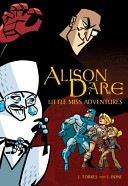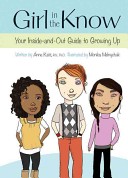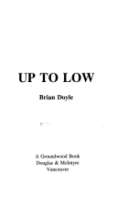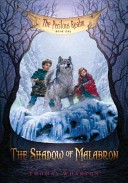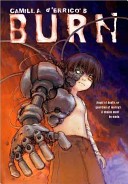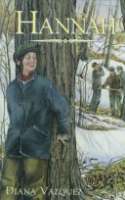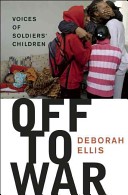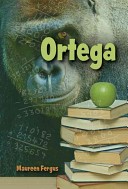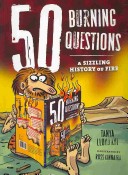
A red-hot feast of fiery facts — the first book in Annick’s new 50 Questions seriesIf we took the time to examine flames in our world — fires that have built civilizations, sparked entire religions and literally changed the surface of the Earth — can you imagine how many questions we would have? The 50 questions in this book may be just the beginning, but they will intrigue and excite young readers.From “Who’s for dinner?” (before mastering fire, humans were more likely to be prey than predators) to “Who were the first firefighters?” (Romans over 2,000 years ago), the amazing questions and answers in this book reveal fire’s crucial role in our world.With a humorous touch (“Who was the first hairy potter?”), Tanya Lloyd Kyi presents fascinating facts alongside innovative activities for kids, like sending breath through a glass jar and playing spy games with a flashlight. Sidebars turn up the heat on the subject, while comical illustrations make for a fun and fiery visual presentation.

